Residents in Quang Nam, Da Nang engaged in workshop on early warning of disasters
(VNF) – A workshop on early warning and hydro-power dams’ water regulation was held on January 19 in Dien Ban district (Quang Nam province) by CARE and the Institute of Social and Environment Transition (ISET). The workshop was part of a project on building inter-province mechanism to enhance resilience amidst climate change in Vu Gia – Thu Bon river basin area.

Overview of the workshop (source: CARE International in Vietnam)
Leaders of Quang Nam province and Da Nang city, relevant agencies, managements of the four hydro-power reservoirs A Vuong, Song Bung, Dac My 4, Song Tranh and representatives of local residents attended the event.
At the workshop, participants listened to CARE’s climate change advisor, Nguyen Thi Yen, on the results of vulnerability assessment conducted in three different communes in Quang Nam province.
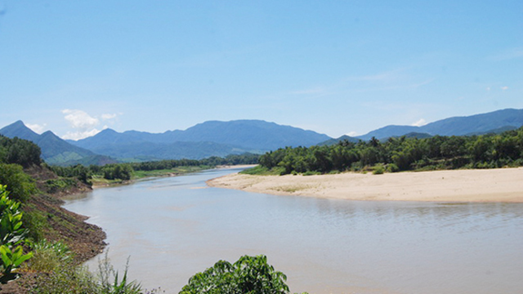
Vu Gia - Thu Bon river basin (source: http://vea.gov.vn)
CARE also contributed to the empowerment for the community’s representatives in voicing up on the importance of early warning to enhancing the community's disasters preparedness.
Early warning and hydro-power dams' water regulation have long been a topic of public interest, particularly in flood-prone region like the Central part of Vietnam.
The project on building inter-province mechanism to enhance resilience amidst climate change is a joint project between ISET and CARE International Vietnam, aiming to reduce the risks of flooding in the area.
It is conducted in 18 months (January 2017 - June 2018), funded by the Global Resilience Partnership./.
( Phi Yen )
Recommended
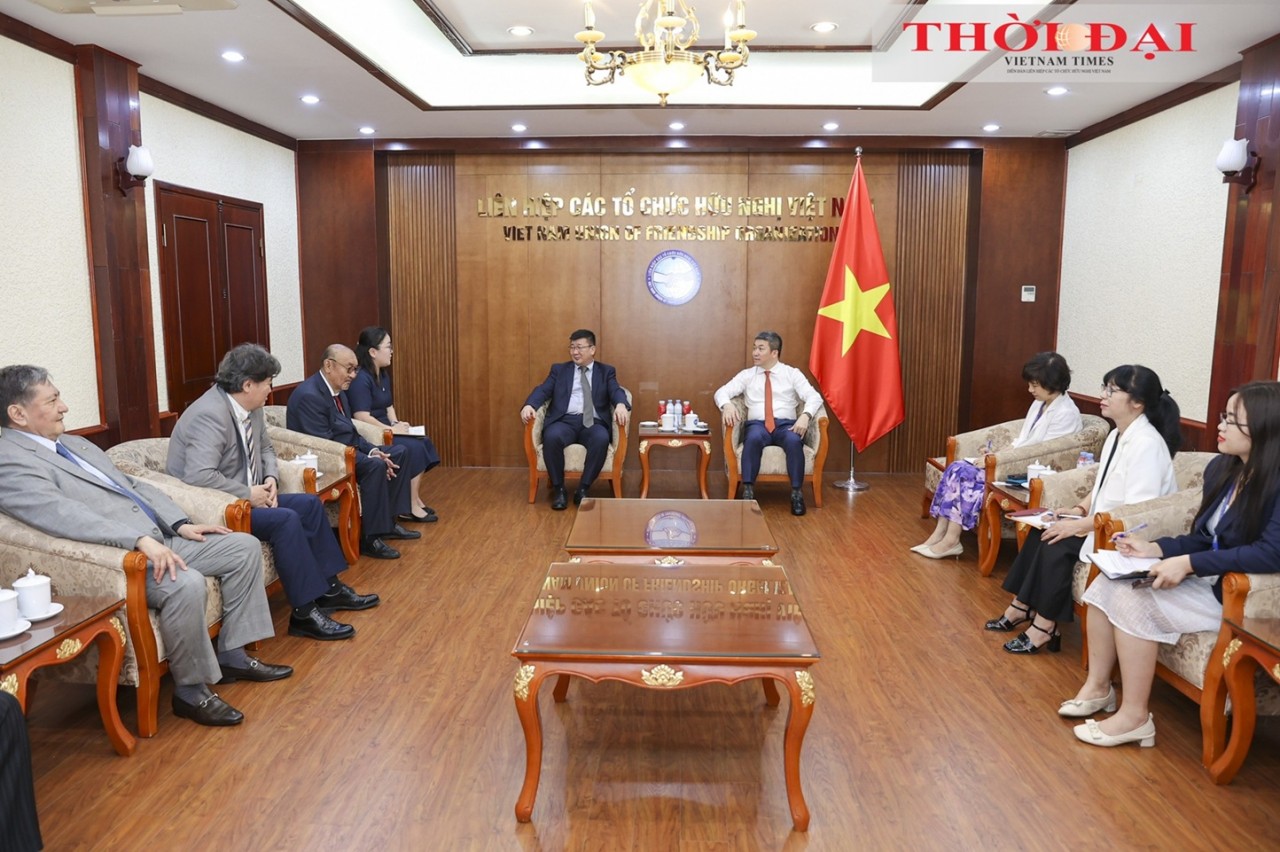 Friendship
Friendship
Delegation of Retired Mongolian Diplomats Promotes People-to-people Cooperation with Vietnam
 Focus
Focus
35 Years of FES in Vietnam: Fostering Dialogue, Advancing Equity
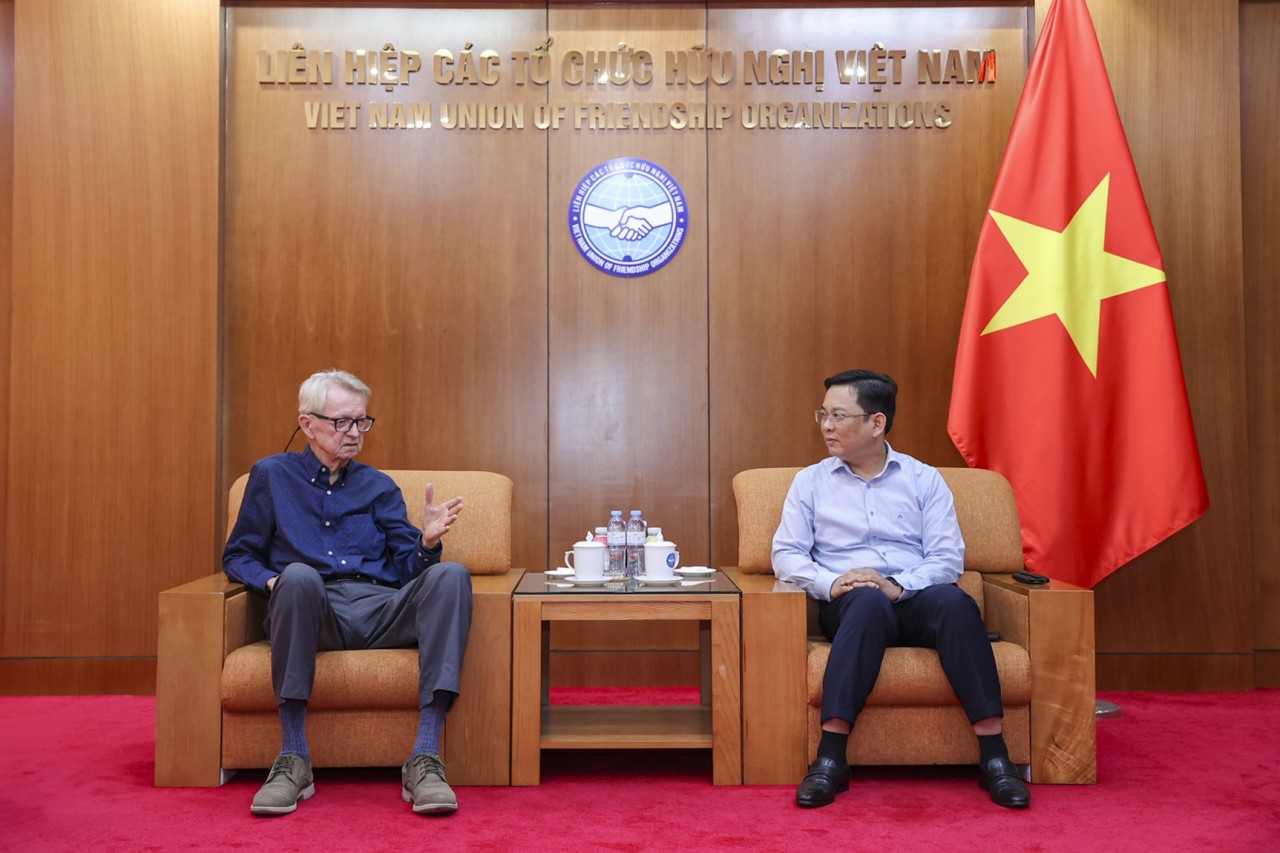 Friendship
Friendship
VUFO Appreciates Contributions of American Veterans in Overcoming Consequences of War
 Focus
Focus
Vietnam-Austria Relations: Unlocking the Potential for Cooperation in Key Areas
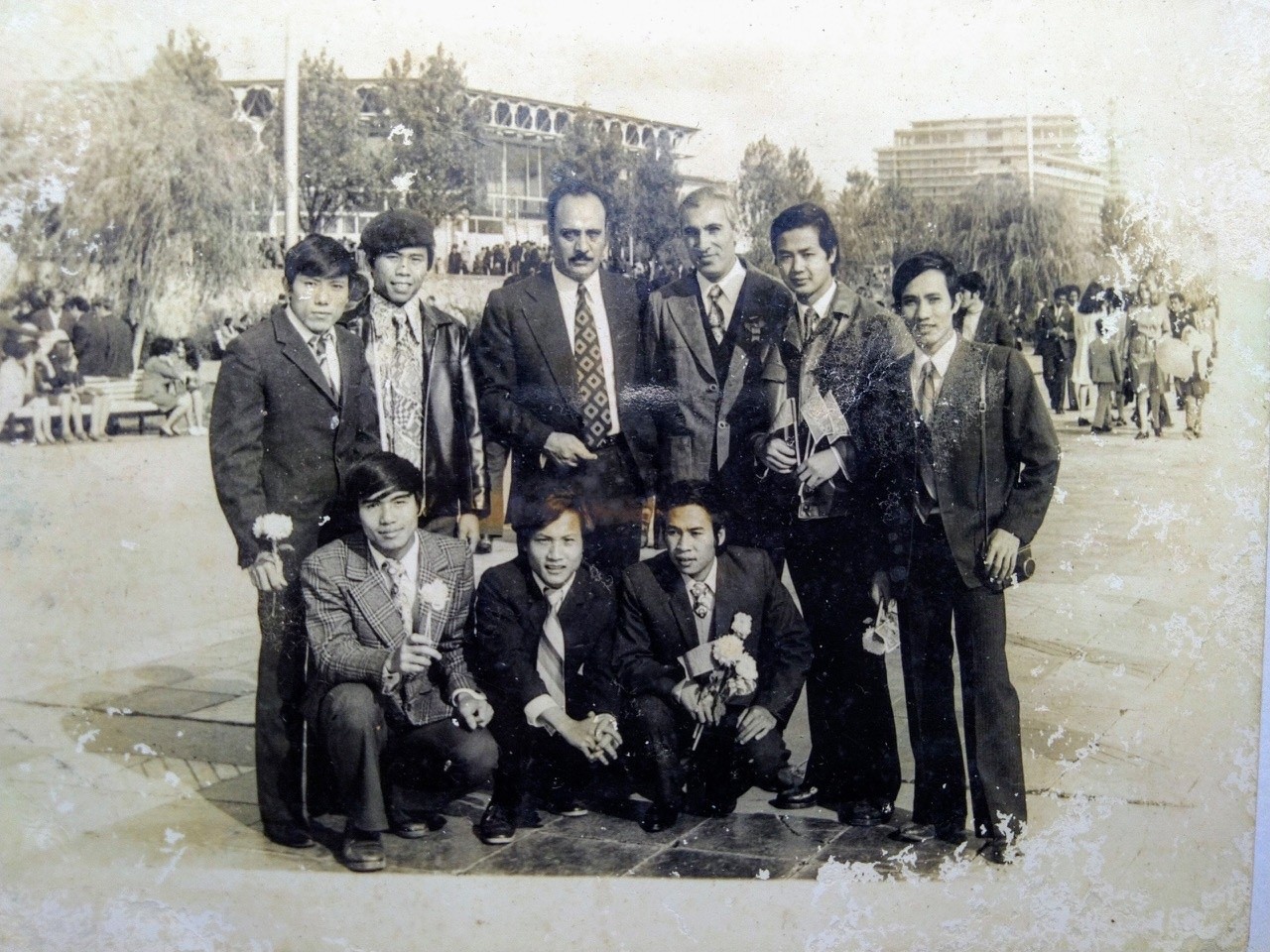 Friendship
Friendship
Vietnam - Azerbaijan: Cherished Memories Should Be Carried Forward with New Achievements
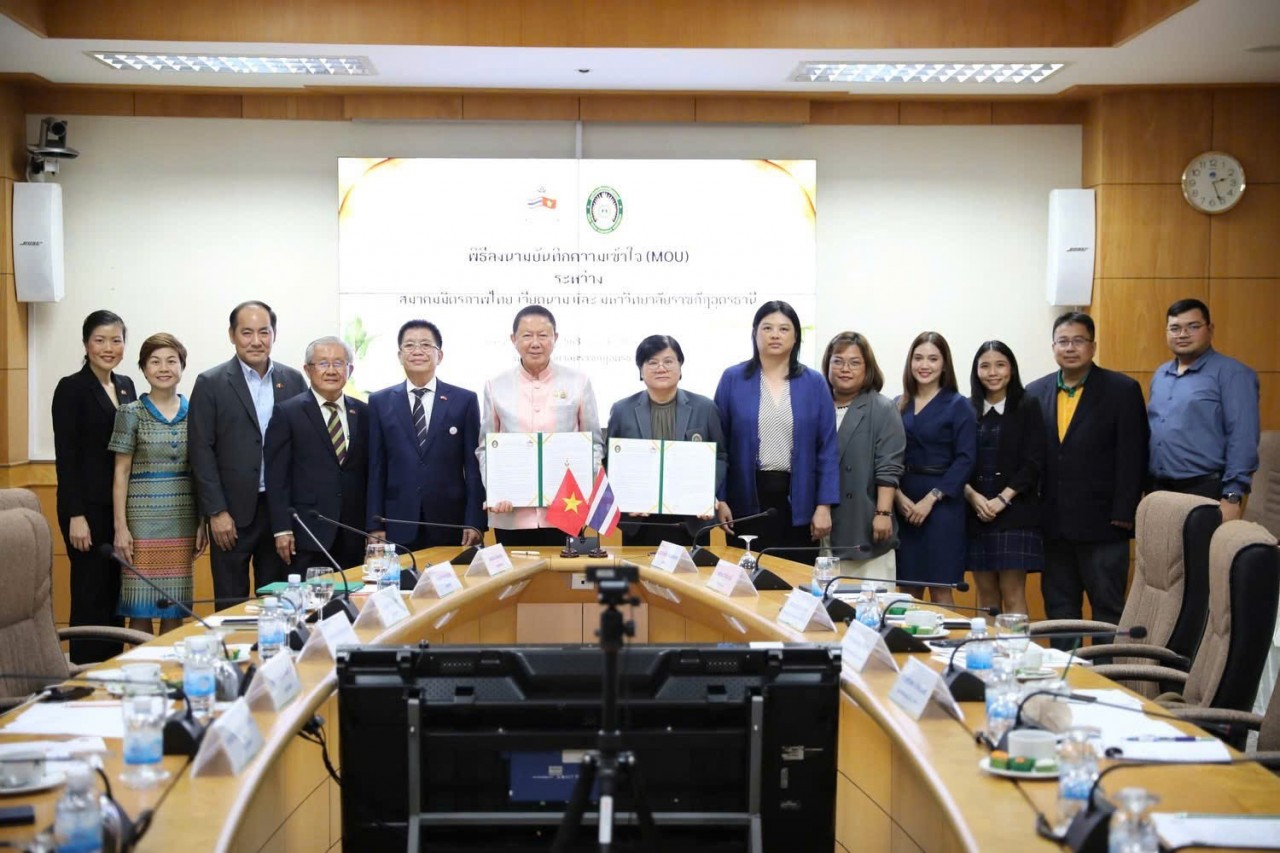 Friendship
Friendship
Center for Vietnamese Studies, Thailand-Vietnam Friendship Association Collaborate on Language Training
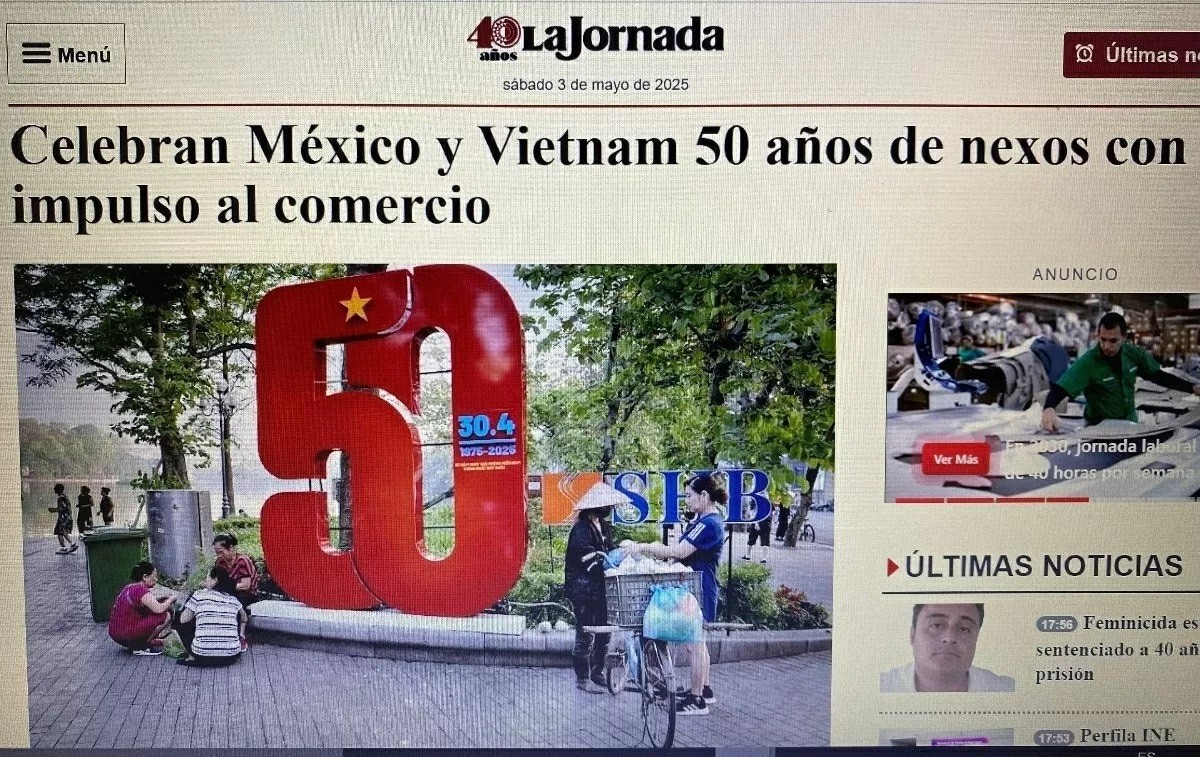 Friendship
Friendship
50 Years of Mexico-Vietnam Diplomatic Relations: Continuous Flourish in All Fields
 Friendship
Friendship
